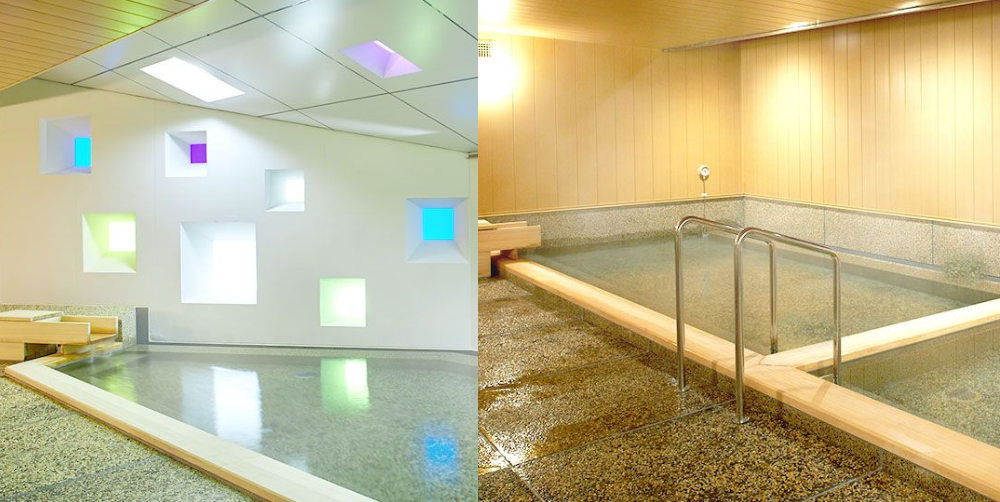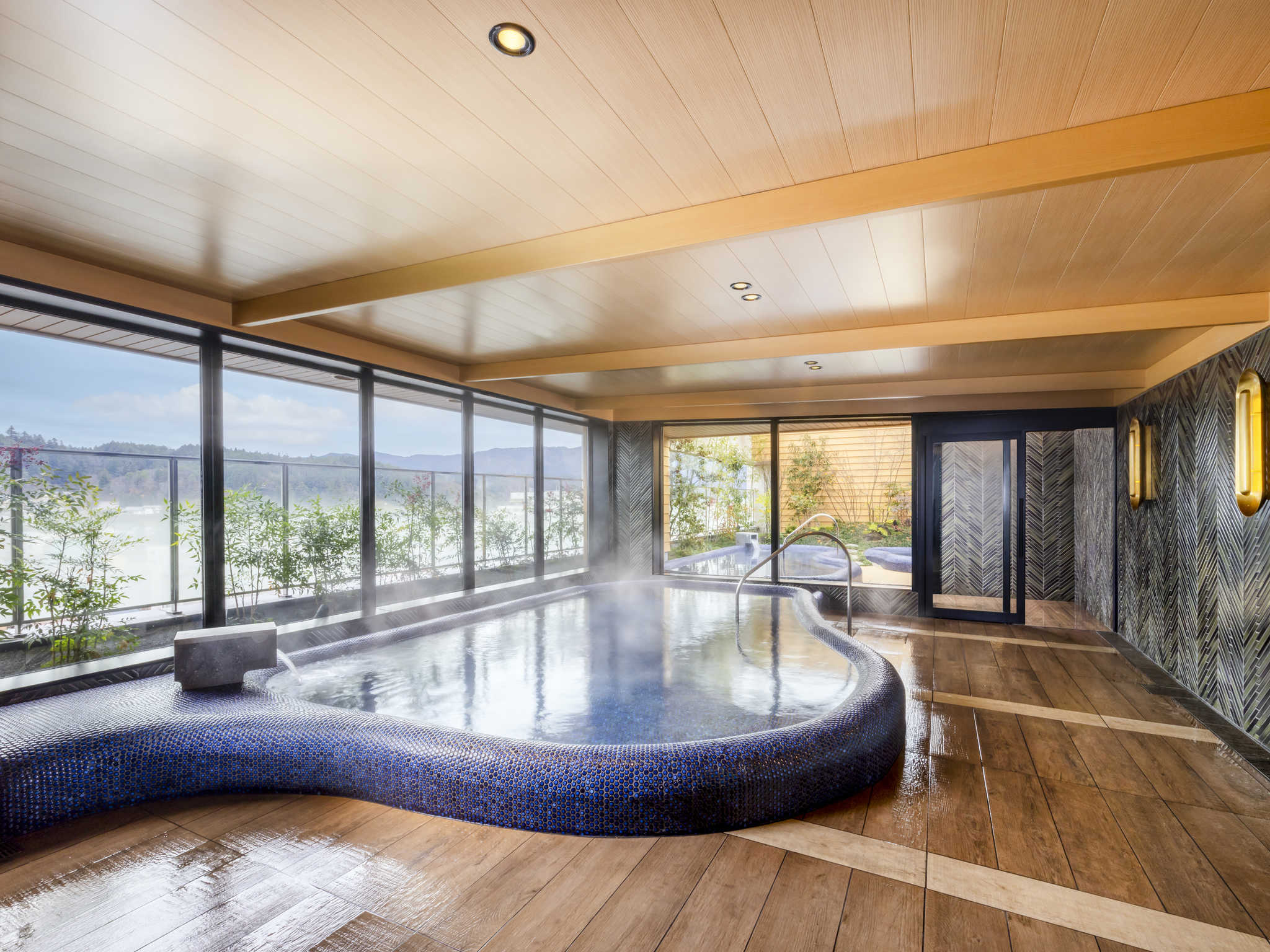-
Latin America
Latin America
- Countries (hidden space)
- Galapagos & Ecuador
- Guatemala
- Mexico
- Panama
- Peru
- Popular Attractions
- Machu Picchu
- Inca Trail
- Easter Island
- Galapagos Islands
- Patagonia
- Rio de Janeiro
- Iguazu Falls
-
Africa
Africa
- Spacer Africa
- South Africa
- Zimbabwe
- Popular Attractions
- Cape Town
- Okavango Delta
- Sossusvlei Dunes
- Victoria Falls
- The Kruger
- The Garden Route
- Masai Mara
-
Asia
Asia
- Spacer Asia
- Laos
- Sri Lanka
- Uzbekistan
- Vietnam
- Popular Attractions
- Taj Mahal
- Lion Rock (Sigiriya)
- Angkor Wat
- Ha Long Bay
- Kyoto
- Europe & Middle East
-
Destinations
- Latin America
- Argentina
- Bolivia
- Brazil
- Chile
- Colombia
- Costa Rica
- Galapagos & Ecuador
- Guatemala
- Mexico
- Panama
- Peru
- Asia
- Cambodia
- India
- Japan
- Laos
- Sri Lanka
- Uzbekistan
- Vietnam
- Middle East
- Jordan
- Southern & East Africa
- Botswana
- Kenya
- Namibia
- South Africa
- Zimbabwe
- Europe
- Slovenia
- All Holiday Destinations
- Contact Us
-
About
About
Llama Travel provides high quality holidays at the lowest possible prices.
99% recommend us Lower prices - guaranteed Financially protected by ATOL
The Llama Travel Blog
6 Tips for Enjoying a Japanese Onsen (Like a Local!)

Relaxing in an onsen (natural hot spring) is a must when visiting Japan. It's a wonderful way to immerse yourself in Japanese culture. Onsen baths are an important part of Japanese history, as traditionally, communities would bathe together. Baths are taken naked, in separate-gender pools, though historically they were mixed. The mineral-rich waters have various medicinal properties that leave you feeling refreshed and rejuvenated, especially after a long day of sightseeing. There is a specific etiquette that must be observed when bathing, including thoroughly washing before entering, and not letting your hair touch the water.
When enjoying an onsen at the hotel, like you can do when staying in Hakone and/or Takayama (if taking the Japanese Alps extension), the same etiquette applies. In this blog, we give you some tips to ensure you have a great experience in this aspect of Japanese culture during your time in Japan.
1. Find Your Changing Room
The first step in enjoying a hot spring bath is finding the changing areas, which are almost always gender-segregated. Look for the curtains outside, blue usually is used for men’s baths and red for women’s.
In the changing rooms, you can undress and store your clothes. You'll usually find shelves and baskets or lockers for your belongings. There may also be a sink with amenities like a hair dryer or tissue paper for common use. If you fancy more security, coin lockers or safe boxes are often available for your high-value items.

Changing Rooms, Hakone Yutowa
2. Get naked!
For many, the idea of being naked is the most daunting part. Once you get over this fear, the rest is easy! You cannot wear a swimsuit at an onsen, but don’t worry—everyone else is naked too! Communal nude bathing is a deeply ingrained part of Japanese culture, and no one will pay attention to you (sorry!).
You can bring a small hand towel into the bathing area for a modicum of modesty (usually provided by the hotel). Do not wear a bathing suit or bring a large towel to cover yourself, it may be seen as rude and disrespectful towards the culture. You can use the small towel to cover yourself while walking but it doesn’t go with you in the bathtub - some people like to fold it and place it on their head.
3. Take a Shower Before Bathing
Before getting into the bath, you have to shower using the shower booths provided. This keeps the onsen water clean and bacteria-free for everyone.
If you have long hair, tie it back. You don’t have to wash your hair, but hair trailing in the water or dipping your head in the water is seen as inconsiderate. The aim is to keep the shared water as clean as possible.
4. Separate & Private Bathtubs
Hot springs vary in size, some may have many different tubs, or just one. When staying at Hakone Yutowa, you’ll experience the “Ninotaira Onsen”, which is famous for its beautiful hot spring and is one of the 17 hot springs in Hakone with a proprietary fountain. Here you’ll see two large separate public baths, one for men and another for women. If you would prefer a bath with your family or group, you can request a private bath and be equally comfortable.
 Women's & Men's Onsen, Hakone Yutowa
Women's & Men's Onsen, Hakone Yutowa
On the other hand, at Mercure Hida in Takayama, you’ll have the chance to try their outdoor onsen, which offers stunning views of the city and mountains. Their open-air hot spring lets you reconnect with nature and the indoor onsen allows you to relax. This hotel also has a private hot spring upon request.

Public Onsen, Mercure Hida
Note: The hot springs are very hot, so limit your time in the bathing area to 30 minutes and stay in one tub for no more than 10 minutes.
5. Mind Your Tattoos
Tattoos can be a sensitive topic in Japan, as they are historically associated with gangs. However, things are changing, and you may see young people with tattoos, especially in Tokyo. This cultural association means bathers with tattoos are usually turned away from public pools and onsen.
Most Japanese apply this rule to other Japanese people, and thanks to the rise in tourism, they understand that tattoos have different meanings in other cultures. When experiencing an onsen at the hotel, staff are unlikely to deny you entry.
However, if you don’t want to take the risk of being denied entry, covering your tattoos is recommended. This can be done with bandages or waterproof tapes (make sure to use products that won’t come off easily in water) and tattoo covers designed to conceal tattoos.
6. Follow the Onsen Code
Everyone is responsible for maintaining the relaxing and peaceful atmosphere that makes an onsen visit so relaxing. Running around, shouting, or swimming laps would ruin the atmosphere. While an onsen visit can be social, be respectful of those seeking quiet time.

Hakone Onsen
You can experience an Onsen on our Best of Japan and Best of Japan+Samurai & Japanese Alps holidays. Call us today on 020 7263 3000 to speak to a Japan expert.
Found this blog useful? Sign up to our newsletter for more holiday tips and advice!
